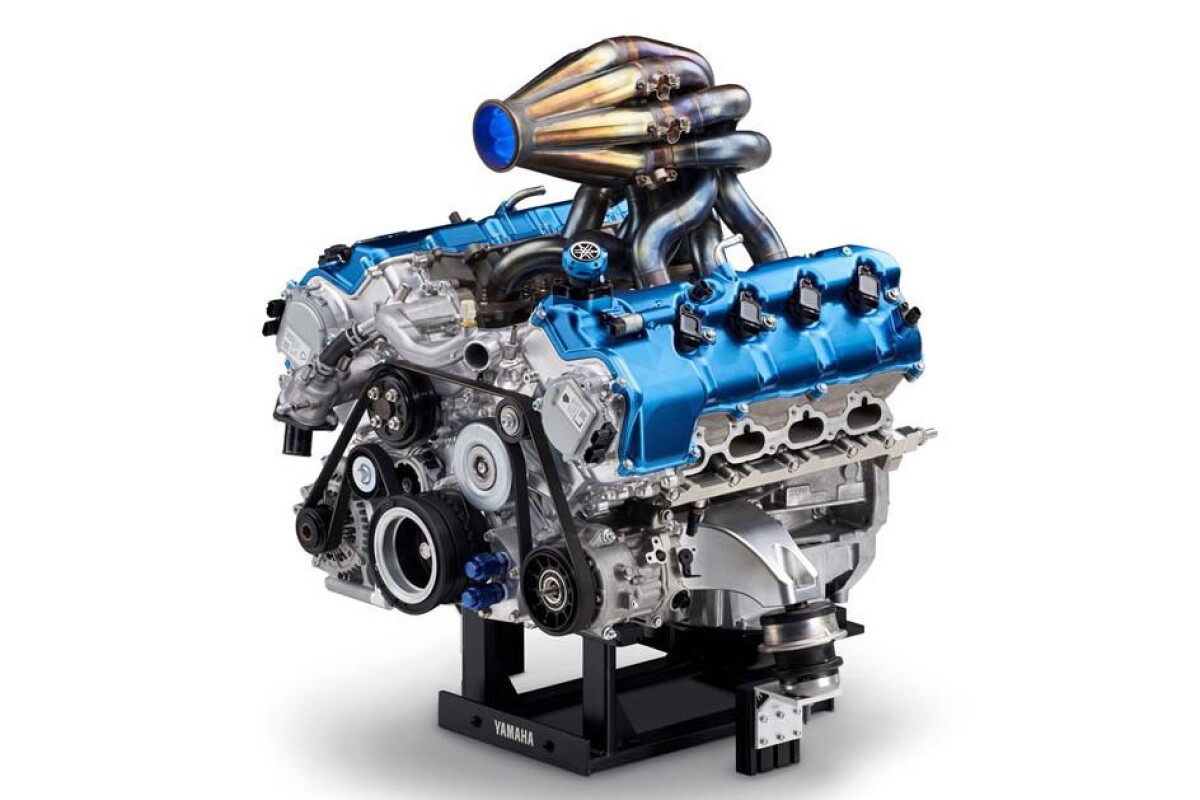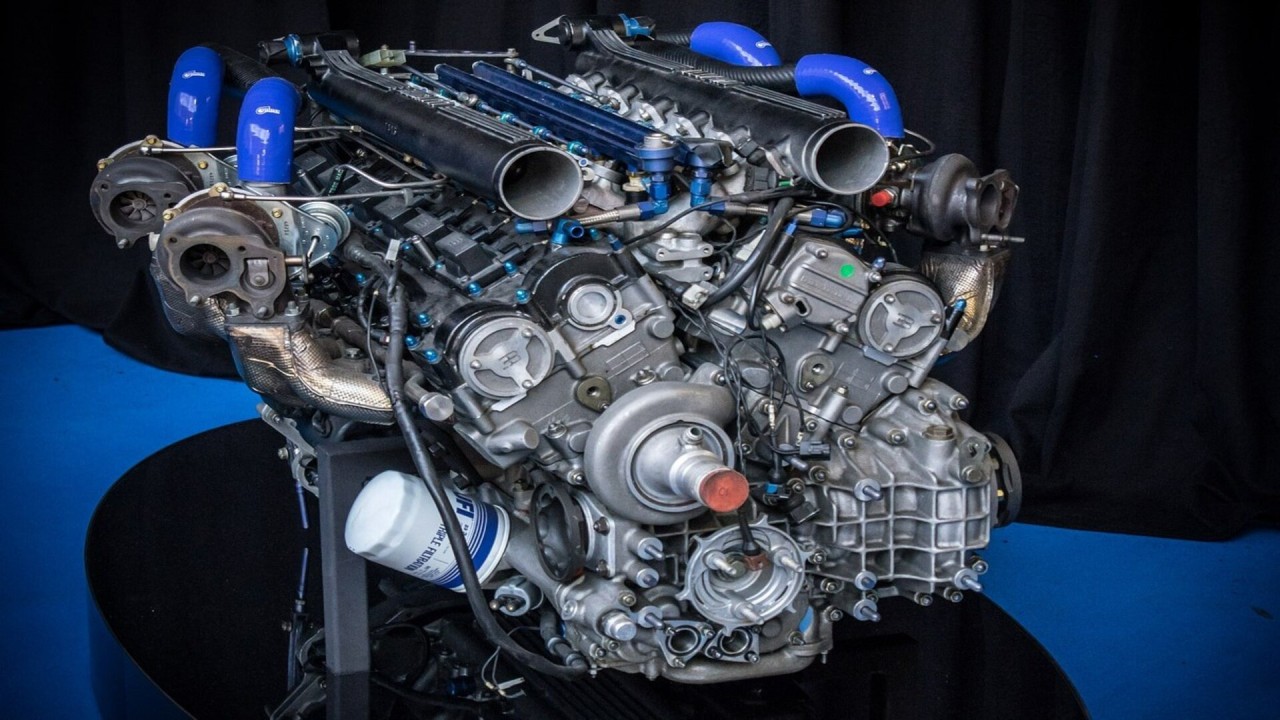Why Organizations Prefer Engines For Africa for Their Fleet
Why Organizations Prefer Engines For Africa for Their Fleet
Blog Article
Check Out a Variety of Engines for each Lorry and Function
The automotive landscape is progressively intricate, with a varied range of engine kinds developed to satisfy particular efficiency and effectiveness needs throughout various car classifications. From the high-performance engines that power sporting activities vehicles to the fuel-efficient options customized for everyday commuting, the choices are large and differed. In addition, durable engines offer the requirements of work vehicles, while green options are gaining traction in the pursuit of sustainable transport. Recognizing these distinctions is crucial for making informed decisions, specifically as arising innovations remain to form the future of automobile engineering. What effects might these innovations hold for consumers and makers alike?
Types of Automotive Engines
Automotive engines can be classified right into a number of unique types, each developed to satisfy details performance and performance needs. The most typical groups include inner combustion engines, electrical engines, and crossbreed systems.

Electric engines, on the other hand, operate electric power kept in batteries, giving instantaneous torque and zero emissions. These engines are becoming increasingly prominent because of advancements in battery innovation and the expanding emphasis on sustainability.
Hybrid systems incorporate both inner combustion and electrical engines, allowing automobiles to optimize fuel efficiency and reduce emissions by seamlessly switching between source of power. Each engine kind presents its negative aspects and advantages, influencing factors such as car layout, intended usage, and market need. When choosing the suitable engine for their specific needs., recognizing these differences is vital for consumers and producers alike.
Performance Engines for Sports Cars
Performance engines for cars are especially engineered to provide boosted dexterity, power, and speed, setting them apart from conventional auto engines. These engines often utilize innovative technologies such as turbocharging, turbo charging, and variable shutoff timing to make best use of efficiency and responsiveness.
Generally, performance engines are developed with higher compression ratios, which permit better power extraction from gas. This leads to excellent horse power and torque numbers, making it possible for quick acceleration and greater leading speeds. Moreover, the lightweight products used in these engines, such as light weight aluminum and carbon fiber, add to decreased overall automobile weight, enhancing handling and maneuverability.
Engine setups like V6, V8, and even hybrid systems are usual in efficiency sports autos, each offering distinct benefits in regards to power delivery and driving dynamics. The adjusting of these engines is also important; many suppliers enhance the engine administration systems to provide an exciting driving experience, often including sport modes that change throttle reaction and gear shifts.
Reliable Engines for Daily Commuters
In the realm of day-to-day travelling, effective engines play a crucial role in optimizing gas economy and reducing exhausts while supplying trusted efficiency. As city populations grow and ecological issues magnify, the need for vehicles outfitted with effective powertrains has actually surged.
Modern engines designed for everyday travelers often integrate innovations such as turbocharging, direct gas injection, and crossbreed systems. Turbocharging boosts engine effectiveness by forcing more air into the burning chamber, permitting smaller sized, lighter engines that do not endanger power result. Straight gas shot boosts fuel atomization, bring about far better combustion and enhanced performance.
Crossbreed engines, integrating interior combustion with electrical power, more increase gas economy, especially in have a peek at this site stop-and-go website traffic, where typical engines can experience ineffectiveness. Electric electric motors aid during acceleration and can run individually at reduced rates, reducing overall fuel usage.
Furthermore, developments in engine management systems and light-weight products add considerably to reliable engine layout. By concentrating on efficiency, toughness, and ecological sustainability, suppliers continue to supply engines that not just satisfy the demands of daily commuting however also line up with global initiatives to minimize carbon footprints.
Heavy-Duty Engines for Job Automobiles
Heavy-duty engines for job cars are routinely crafted to deliver outstanding torque and dependability under demanding problems. These engines are made to do in settings where typical engines may falter, such as construction websites, logging procedures, and agricultural settings. The main emphasis of heavy-duty engines is their capability to produce high degrees of power while maintaining toughness over expanded periods of procedure.
Usually, sturdy engines utilize innovative materials and robust construction strategies to stand up to the roughness of hefty work. Functions such as enhanced cyndrical tube blocks, enhanced air conditioning systems, and progressed fuel injection innovations contribute to their effectiveness. These engines typically operate at reduced RPMs, which aids to maximize fuel efficiency while giving the necessary power for hauling and hauling.
In addition to mechanical effectiveness, durable engines are typically geared up with advanced electronic control systems (ECUs) that handle efficiency, discharges, and diagnostics. This integration enables for better tracking and maintenance, making certain that work cars remain reliable and operational.
Eventually, sturdy engines are a crucial part in the efficiency of different markets, offering the needed power and integrity to take on the most difficult of tasks.
Eco-Friendly Engine Options
The expanding emphasis on sustainability has resulted in the advancement of environmentally friendly engine choices that focus on minimized discharges and improved gas efficiency. These engines are created to lessen the ecological effect of automobiles while still delivering the efficiency and integrity expected by customers.
Amongst the most remarkable environment-friendly alternatives are hybrid and electric engines. Crossbreed engines incorporate standard internal combustion engines with electric propulsion, allowing for minimized gas intake and reduced greenhouse gas discharges. Electric engines, on the various other hand, operate completely on battery power, creating no tailpipe emissions and contributing to cleaner air high quality.
Another encouraging growth is the advancement of biofuel engines, see this here which make use of renewable energies, such as plant materials, to power vehicles (Engines For Africa). By utilizing biofuels, these engines can minimize dependence on nonrenewable fuel sources and reduced total carbon footprints

As the vehicle industry advances, environmentally friendly engine options will certainly play a critical function in driving the change towards more lasting transport services.
Final Thought
The vehicle sector provides a diverse variety of engines developed to meet various car demands and purposes. From high-performance engines that boost sports auto capabilities to reliable versions focusing on fuel economy for daily commuters, each type serves a certain feature. Sturdy engines accommodate durable work cars, while environmentally friendly alternatives, such as electrical and biofuel engines, advertise lasting transport. This detailed array guarantees that all driving demands are dealt with, adding to developments in vehicle innovation and environmental stewardship.

Report this page